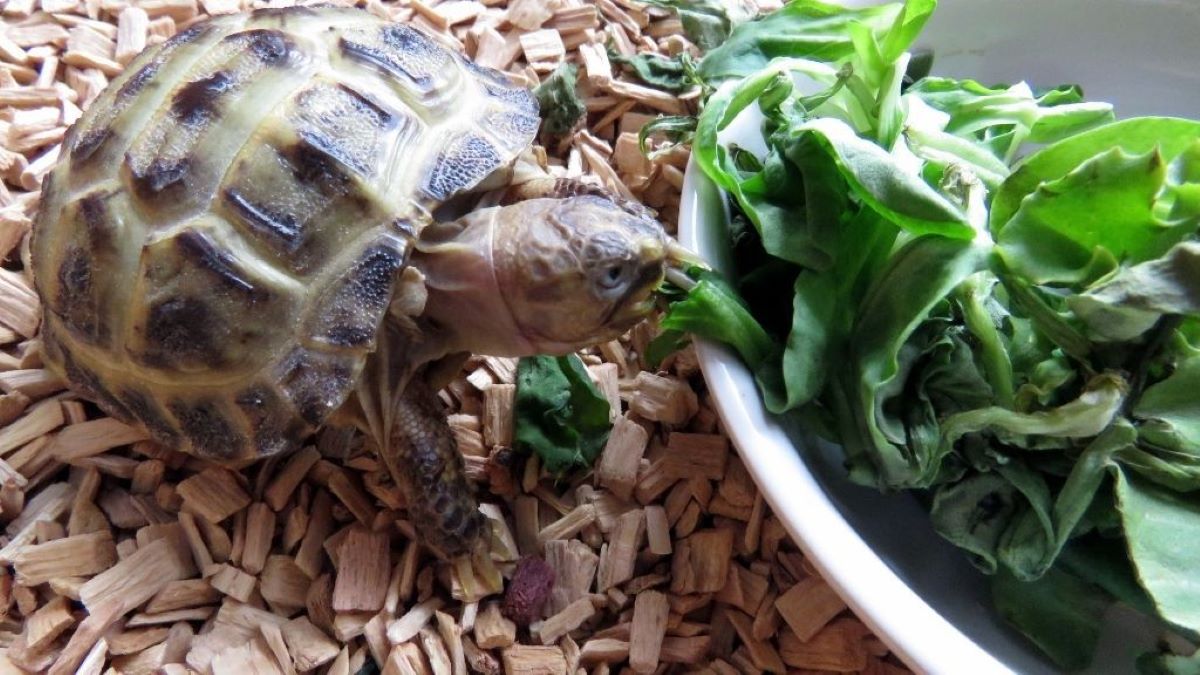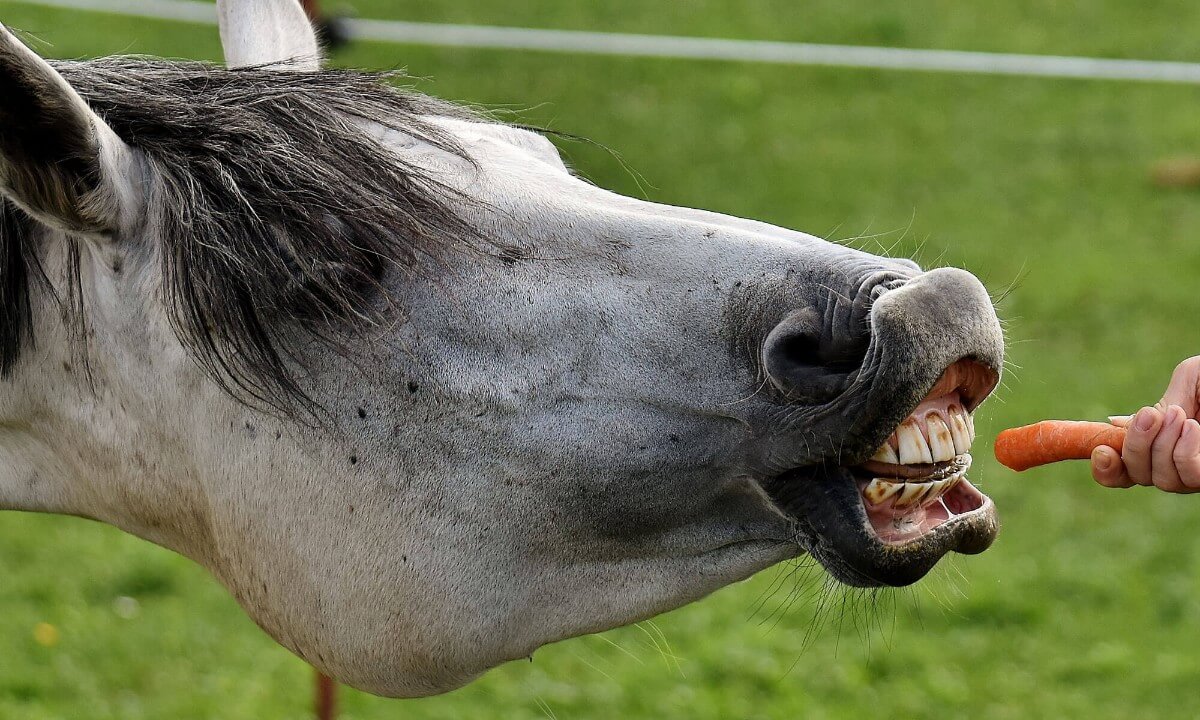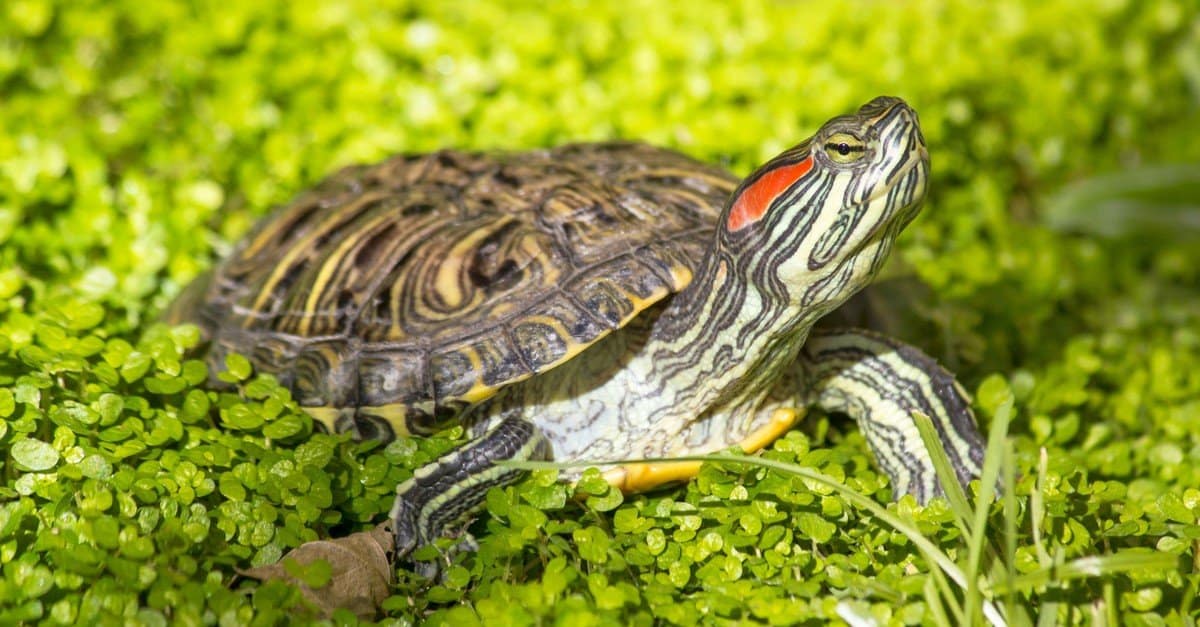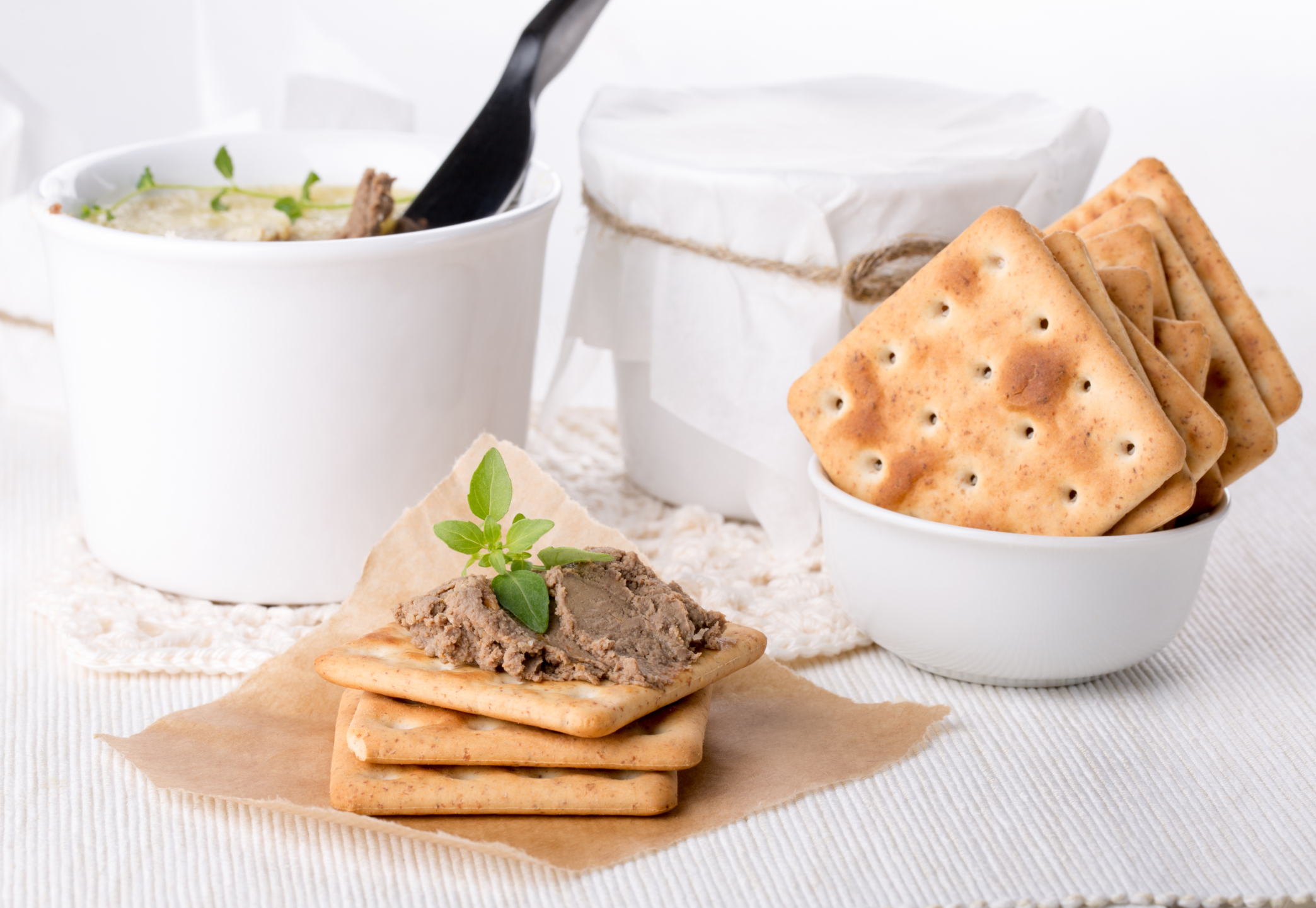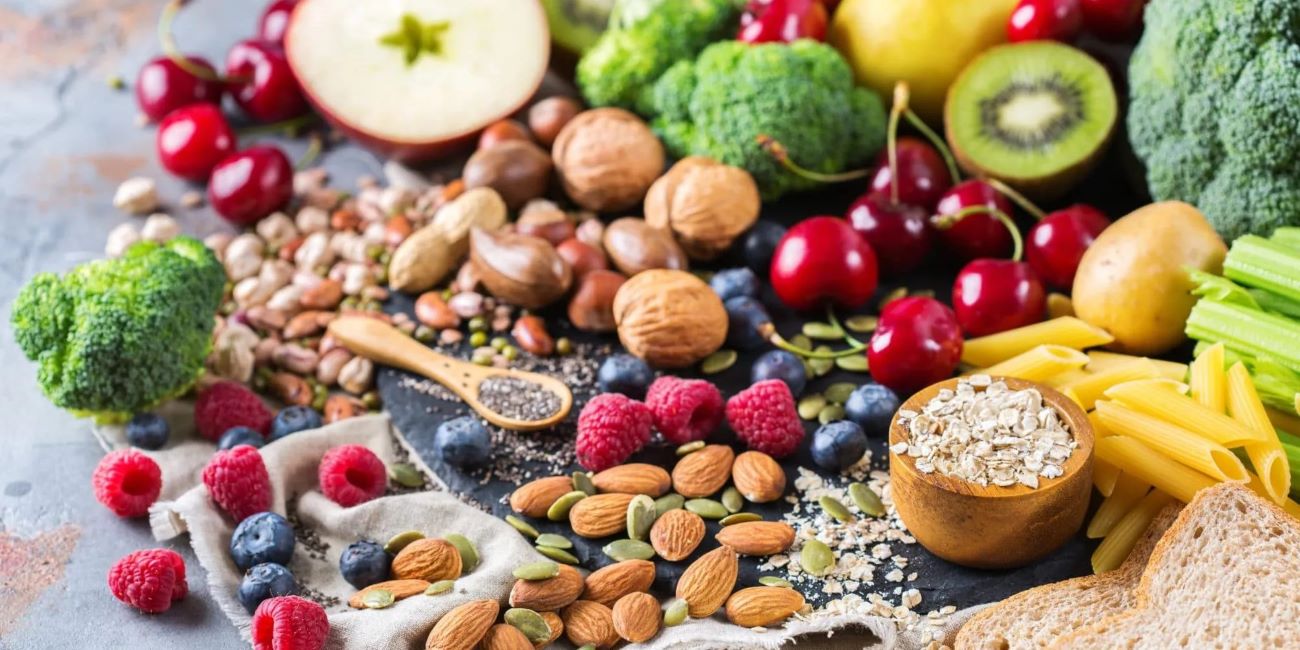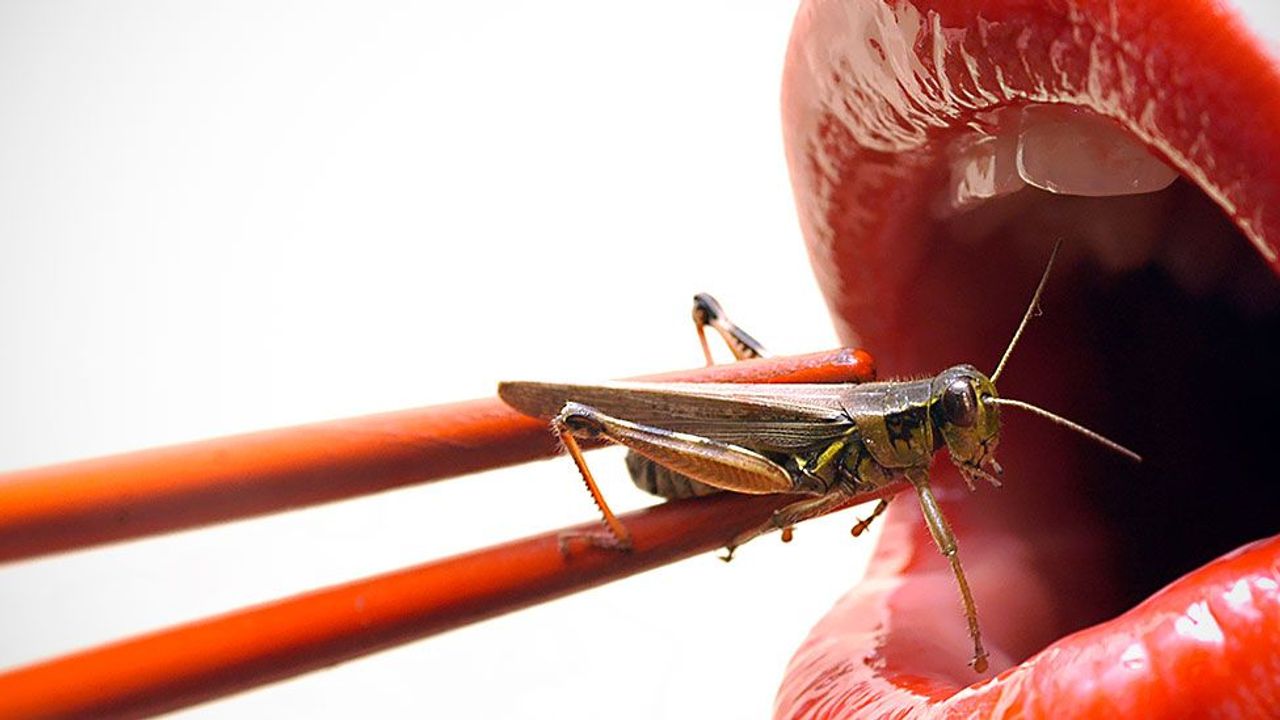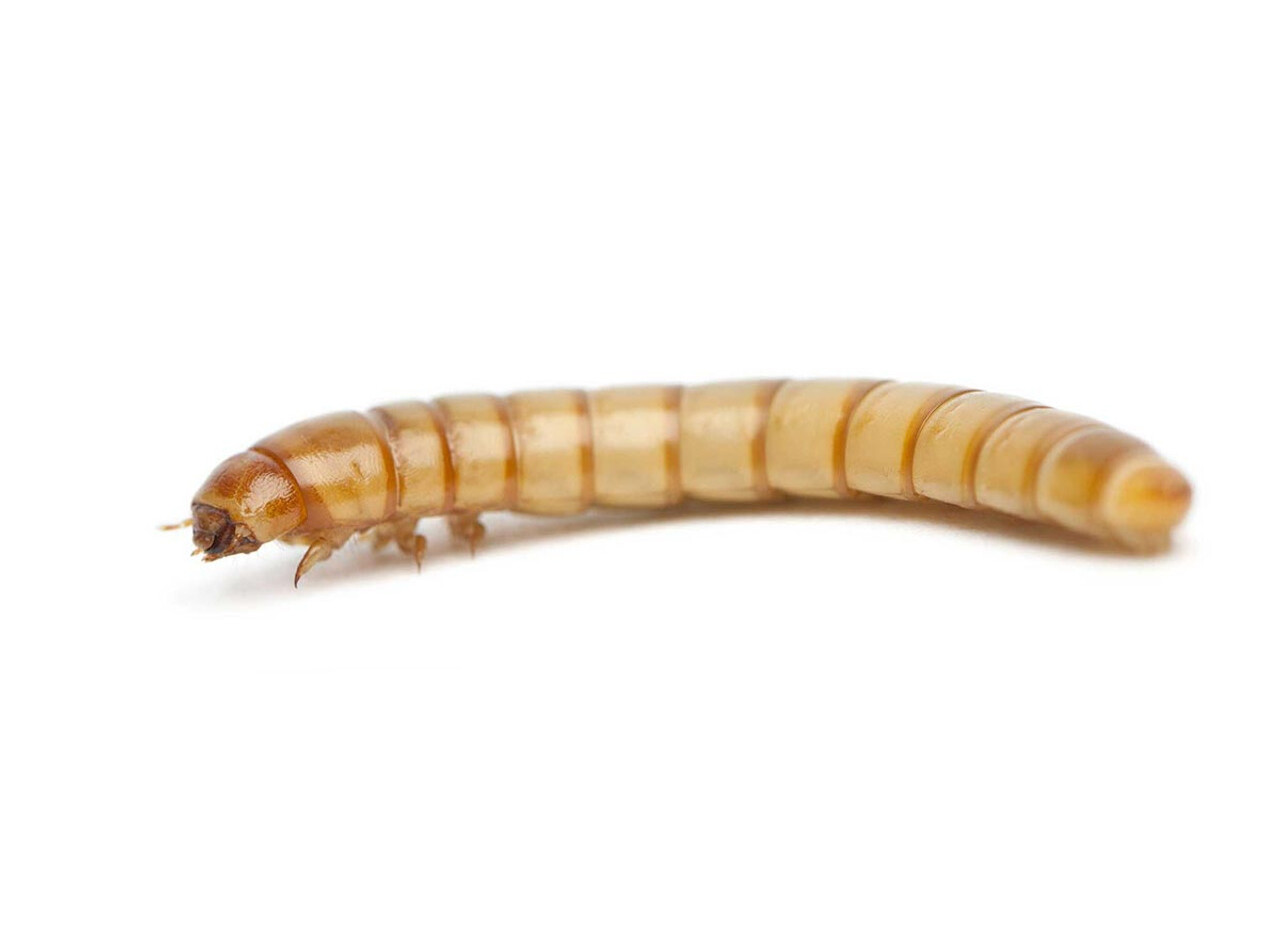Home>Gardening News and Trends>Latest News>What Vegetables Can Goats Eat

Latest News
What Vegetables Can Goats Eat
Modified: January 22, 2024
Discover the Latest News on What Vegetables Goats Can Eat. Get expert advice on feeding your goats a healthy and balanced diet for optimal nutrition and well-being.
(Many of the links in this article redirect to a specific reviewed product. Your purchase of these products through affiliate links helps to generate commission for Chicagolandgardening.com, at no extra cost. Learn more)
Table of Contents
Introduction
Welcome to the fascinating world of goats and their dietary preferences! Goats are known for their voracious appetites and ability to consume a wide variety of plant-based foods. While their primary diet consists of grass and hay, goats can also enjoy the nutritional benefits of various vegetables. Integrating vegetables into a goat’s diet not only adds variety to their meals but also provides them with essential vitamins, minerals, and fiber.
However, it’s important to note that not all vegetables are suitable for goats to consume. Some vegetables may be toxic or cause digestive issues, so it’s crucial to know which vegetables are safe and beneficial for them. In this article, we will explore a range of vegetables that goats can eat, ensuring they receive a well-rounded and nutritious diet.
Before we delve into the specific vegetables, it’s essential to consider a few general guidelines. Firstly, always introduce new vegetables gradually to your goats’ diet. This allows their digestive systems to adjust and minimizes the risk of any adverse reactions. Secondly, ensure that any vegetables provided to goats are fresh and free from herbicides or pesticides. Lastly, remember to provide a balanced diet that includes a proper ratio of hay or grass along with the vegetables.
Now that we’ve covered the basics, let’s dive into the exciting world of vegetables that goats can enjoy!
Leafy Greens
Leafy greens are an excellent addition to a goat’s diet, providing them with essential nutrients and fiber. These vegetables are not only healthy but also naturally tasty to goats, making them a popular choice.
Kale: Goats absolutely love kale! It is packed with vitamins A, C, and K, as well as calcium, making it a fantastic choice for their overall health. Serving kale in small, bite-sized pieces ensures easy consumption and digestion for goats.
Spinach: Another favorite among goats, spinach is high in iron, folate, and fiber. It is best to serve spinach in moderation due to its high oxalate content, which may interfere with calcium absorption. Nonetheless, as long as it is given in appropriate quantities, goats can safely enjoy this nutrient powerhouse.
Swiss Chard: This leafy green is not only visually appealing with its colorful stems but also nutritious for goats. Swiss chard is a great source of vitamins A, C, and K, and also contains minerals like magnesium and potassium. Ensure that the leaves and stems are de-veined before feeding to goats, as the stems can be tough and stringy.
Beet Greens: Often overlooked, beet greens are an excellent source of antioxidants, vitamins A and K, and fiber. They are packed with essential nutrients and can be a sustainable way to utilize the entire beet plant. Chop the beet greens into small pieces before offering them to your goats.
Turnip Greens: Goats enjoy the slightly bitter taste of turnip greens. These greens are rich in vitamins A, C, and K, as well as calcium and iron. Be mindful that turnip greens should be fed in moderation, as excessive amounts may cause digestive upset in goats. Offering a variety of other greens alongside turnip greens will ensure a balanced diet for your goats.
Collard Greens: Collard greens are a nutritious option for goats, providing vitamins A, C, and K, as well as calcium and magnesium. These greens have a slightly milder flavor compared to some other leafy greens, making them palatable to goats. Chop the leaves into small pieces, especially for young goats, to help with easier digestion.
Remember to wash and remove any dirt or contaminants from the leafy greens before offering them to your goats. By incorporating a variety of leafy greens into their diet, you can ensure your goats receive a well-balanced nutritional profile while keeping their taste buds satisfied!
Cruciferous Vegetables
Cruciferous vegetables are a group of vegetables that belong to the Brassicaceae family. These vegetables are not only packed with essential vitamins and minerals but also offer unique flavors and textures that goats find enticing.
Broccoli: Goats can benefit from the high levels of vitamin C, fiber, and antioxidants found in broccoli. It is important to serve broccoli in moderation, as excessive consumption can lead to digestive issues. Chop the florets into smaller pieces to facilitate easy chewing and digestion.
Cauliflower: Cauliflower is another cruciferous vegetable that goats can enjoy. It contains vitamins C and K, as well as fiber and antioxidants. As with broccoli, it is recommended to feed cauliflower in moderation due to its potential to cause digestive discomfort if consumed in excess. Cut the cauliflower into small, manageable pieces before offering it to your goats.
Cabbage: Cabbage is a versatile vegetable that can be fed to goats in various forms, such as raw, steamed, or fermented. It is a good source of vitamins K and C, as well as dietary fiber. While goats generally enjoy cabbage, it should be fed in moderation due to its gas-inducing properties. Remove the tougher outer leaves and chop the cabbage into bite-sized pieces to make it easier for your goats to consume.
Kohlrabi: Kohlrabi is a unique cruciferous vegetable that offers both the leaves and the swollen stem for consumption. The leaves are highly nutritious, containing vitamins A, C, and K, while the stem is rich in fiber and potassium. Offer young, tender kohlrabi leaves and chopped, peeled kohlrabi stems to your goats for a nutritious and delicious treat.
Brussels Sprouts: Brussels sprouts are miniature cabbage-like vegetables that goats can enjoy. They are rich in vitamins C and K, as well as fiber and antioxidants. While goats may not consume Brussels sprouts as eagerly as other vegetables, they are worth introducing to their diet for their nutritional benefits. Cut the Brussels sprouts in half or shred them to make them more manageable for your goats.
Make sure to introduce cruciferous vegetables gradually into your goats’ diet to monitor their tolerance and prevent digestive issues. By including these nutrient-dense vegetables, you can offer your goats a varied and healthy diet.
Root Vegetables
Root vegetables are not only rich in essential nutrients but also provide a satisfying crunch that goats enjoy. These vegetables are a great addition to a goat’s diet, offering a range of vitamins, minerals, and fiber.
Carrots: Carrots are a classic favorite among goats. They are packed with vitamins A, K, and C, as well as beta-carotene. Carrots also provide a natural sweetness that goats find irresistible. Whether offered as whole carrots or chopped into smaller pieces, goats will happily munch on this nutritious root vegetable.
Beets: Beets are another root vegetable that goats can consume. They offer vitamins A and C, as well as minerals like potassium and manganese. Beet greens, which are the leafy tops of the beets, can also be fed to goats alongside the root for added nutrition. Chop the beets into manageable pieces to prevent choking hazards for your goats.
Parsnips: Parsnips are a root vegetable similar to carrots but with a slightly sweeter and nuttier flavor. They are high in vitamins K and C, as well as fiber. Goats may need some time to adjust to the taste, but once they acquire the taste for parsnips, it becomes a nutritious treat for them. Slice the parsnips into smaller pieces to make it easier for goats to consume.
Sweet Potatoes: Sweet potatoes are not only delicious but also nutritious for goats. They are rich in vitamins A and C, as well as dietary fiber. Offering cooked sweet potatoes helps enhance their digestibility for goats. Avoid adding any seasoning or additives and serve them in small, appropriate portions as a special treat for your goats.
Turnips: Turnips, both the root and the greens, are suitable for goats to consume. The root provides vitamins C and K, as well as fiber, while the greens offer additional nutrients such as calcium and iron. Chop the turnips into smaller pieces and remove the tough outer skin before offering them to your goats.
When introducing root vegetables to your goats’ diet, ensure that they are fresh and free from any rot or decay. Additionally, gradually increase the amount of root vegetables in their diet to prevent digestive upset. By incorporating a variety of root vegetables into their meals, you can provide your goats with a diverse and nutritious culinary experience.
Squashes and Pumpkins
Squashes and pumpkins are not only iconic symbols of the fall season but also nutritious additions to a goat’s diet. These vegetables offer a range of vitamins, minerals, and fiber, making them a great choice for maintaining goats’ overall health and well-being.
Butternut Squash: Butternut squash is a popular choice among goats. It is rich in vitamins A, C, and E, as well as potassium and dietary fiber. Since butternut squash has a hard outer skin, it is recommended to cook or steam it before feeding it to goats. Remove the seeds and cut the squash into manageable pieces for easy consumption.
Zucchini: Zucchini is a versatile summer squash that goats can enjoy. It is a good source of vitamins A and C, as well as dietary fiber. Zucchini can be served raw or cooked, but make sure to remove any tough seeds or skin before offering it to your goats. Cut it into smaller pieces to facilitate easy eating and digestion.
Pumpkins: Pumpkins are not only festive decorations but also nutrient-rich for goats. They are packed with vitamins A, C, and E, as well as potassium and fiber. Goats can enjoy both the flesh and seeds of pumpkins. Remove the tough outer skin and cut the pumpkin into manageable pieces. Additionally, roast the pumpkin seeds separately and offer them as a tasty, nutritious treat for your goats.
Acorn Squash: Acorn squash is another variety of winter squash that goats can enjoy. It provides vitamins A, C, and B-6, as well as dietary fiber. Before feeding acorn squash to goats, remove the tough outer skin and seeds. Cook or steam the squash and cut it into smaller pieces for easy consumption.
When offering squashes and pumpkins to your goats, ensure that they are fresh and free from any mold or rot. Remember to introduce these vegetables gradually into their diet, especially if they are not accustomed to them, and monitor their digestive health. By incorporating squashes and pumpkins into their meals, you can provide your goats with a nutritious and tasty variety.
Legumes and Peas
Legumes and peas are not only excellent sources of protein but also provide goats with a range of essential vitamins and minerals. These vegetables add nutritional diversity to their diet and can be incorporated in various forms.
Green Peas: Green peas are a favorite among goats due to their sweet flavor and soft texture. They are rich in vitamins A, B-6, and C, as well as dietary fiber. Green peas can be offered fresh, frozen, or even lightly cooked. It is best to remove any tough outer skins before feeding them to goats.
Snow Peas: Snow peas, also known as sugar snap peas, are enjoyed by goats for their crunchy texture. They are a good source of vitamins C and K, as well as dietary fiber. Goats can consume both the pods and the peas inside. Serve snow peas raw or lightly cooked, and cut them into bite-sized pieces for easy eating.
Black-eyed Peas: Black-eyed peas are a legume variety that goats can benefit from. They offer vitamins A and B-6, as well as dietary fiber and protein. Soak and cook black-eyed peas before feeding them to goats, and ensure they are well-cooked to aid in digestion. Serve them in moderation due to their high protein content.
Lentils: Lentils are small but mighty legumes that provide goats with a good amount of protein, fiber, and essential minerals. They are also a source of vitamins B-6 and folate. Soaking and cooking lentils thoroughly is crucial to make them easier for goats to digest. Offer lentils cooked and in appropriate portions to avoid any digestive issues.
Chickpeas: Chickpeas, also known as garbanzo beans, are another legume option that goats can enjoy. They provide protein, dietary fiber, and minerals like potassium and iron. Soaking and cooking chickpeas are necessary to enhance their digestibility for goats. Serve them cooked and in moderation due to their protein content.
When incorporating legumes and peas into your goats’ diet, remember to soak and cook them properly to ensure optimal digestion. To prevent any potential digestive issues, introduce these vegetables gradually and monitor your goats’ tolerance. By adding legumes and peas to their meals, you can offer goats a nutritious plant-based source of protein and other essential nutrients.
Fruits and Berries
Fruits and berries are not only delicious treats for goats but also provide a range of essential nutrients and natural sweetness. These colorful and flavorful options are a great addition to their diet, offering vitamins, minerals, and antioxidants.
Apples: Apples are a classic fruit loved by goats. They contain vitamins A and C, as well as dietary fiber. Goats can eat both the flesh and skin of apples, but be mindful of removing any seeds as they can be harmful. Slice or chop apples into smaller pieces for easier consumption.
Bananas: Bananas are another fruit that goats greatly enjoy. They are a rich source of potassium, vitamins B-6 and C, as well as dietary fiber. Goats can eat bananas with or without the peel, but it is best to remove any plastic or stickers from the peel. Cut the bananas into manageable pieces to prevent choking hazards.
Berries: Goats can indulge in a variety of berries, including strawberries, blueberries, and raspberries. Berries are packed with antioxidants, vitamins, and dietary fiber. Remove any stems or leaves and offer the berries whole or cut into smaller pieces. Goats find the sweet and tart flavors of berries enticing.
Pears: Pears are a juicy fruit that can be included in goats’ diets. They offer vitamins A, C, and K, as well as dietary fiber. Remove the core and seeds, and slice the pears into smaller, manageable pieces. Goats appreciate the natural sweetness and soft texture of pears.
Oranges: Oranges are a citrus fruit that goats can enjoy. They are high in vitamin C and dietary fiber. Peel the oranges and separate them into segments before offering them to goats. While goats may not consume oranges as eagerly as other fruits, they provide a refreshing and nutritious option.
Grapes: Grapes are a sweet and juicy fruit that goats find enjoyable. Grapes are a good source of vitamins C and K, as well as dietary fiber. Offer grapes to goats in moderation due to their high sugar content. Cut grapes into smaller pieces to prevent choking hazards.
When providing fruits and berries to your goats, ensure they are fresh and free from any mold or rot. Remember to introduce these treats gradually into their diet and monitor their digestive health. By incorporating a variety of fruits and berries, you can offer your goats a tasty and nutritious reward.
Other Vegetables
In addition to the leafy greens, cruciferous vegetables, root vegetables, squashes, and legumes we’ve discussed, there are several other vegetables that goats can enjoy. These vegetables provide added variety and nutritional benefits to their diet.
Cucumbers: Cucumbers are a hydrating and refreshing vegetable that goats can consume. They contain vitamins K and C, as well as dietary fiber. Goats can enjoy cucumbers with or without the skin, but remove any tough seeds before offering them. Slice or chop cucumbers into smaller pieces for easier consumption.
Celery: Celery is a crunchy vegetable that goats can munch on. It offers vitamins K and C, as well as dietary fiber. Since the strings in celery can be tough for goats to digest, it’s best to chop it into smaller, manageable pieces. Goats find the satisfying crunch of celery appealing.
Peppers: Sweet peppers, such as bell peppers, can be given to goats in moderation. They are a good source of vitamins A and C, as well as antioxidants. Remove the seeds and inner membranes before offering peppers to your goats. Chop the peppers into small pieces and introduce them gradually to avoid digestive issues.
Tomatoes: Ripe tomatoes can be enjoyed by goats. They provide vitamins A, C, and K, as well as dietary fiber. Remove the stem and any green parts of the tomato before offering it to goats. Chop or slice tomatoes into smaller pieces for easier consumption. Remember to feed tomatoes in moderation, as excessive amounts may cause digestive upset.
Radishes: Radishes are a crunchy vegetable that can be offered to goats. They contain vitamins C and K, as well as dietary fiber. Remove the green tops and roots, and slice or chop radishes into bite-sized pieces for goats to enjoy. Introduce radishes gradually to monitor your goats’ tolerance.
Corn: Corn on the cob can be given to goats as a special treat. It serves as a good source of energy and dietary fiber. Prior to serving, remove the husk and silk, and break the corn cob into smaller pieces for easier consumption. Feed corn to goats in moderation due to its high carbohydrate content.
When offering these other vegetables to your goats, ensure that they are fresh and free from any mold or rot. It’s always a good idea to introduce new vegetables gradually and monitor your goats’ reactions for any signs of digestive discomfort. By incorporating a variety of vegetables into their diet, you can provide your goats with a well-rounded and nutritious selection.
Conclusion
Incorporating vegetables into a goat’s diet is a fantastic way to provide them with a well-rounded and nutritious meal plan. From leafy greens to cruciferous vegetables, root vegetables, squashes, legumes, fruits, and other vegetables, goats can enjoy a diverse range of flavors, textures, and essential nutrients. By offering a variety of vegetables, you can ensure that your goats receive the vitamins, minerals, and fiber needed for optimal health and well-being.
When introducing vegetables to your goats, it is important to remember a few key points. Gradually introduce new vegetables to their diet to prevent digestive upset, and always monitor their reactions and tolerance. Ensure that all vegetables are fresh, free from toxins, and prepared in appropriate portions and sizes for easy consumption. Providing a balanced diet that includes a combination of hay or grass, along with vegetables, will help ensure your goats receive all the necessary nutrients for their growth and maintenance.
As an SEO expert with a deep understanding of the latest news in the field of goat nutrition, I strongly recommend consulting with a veterinarian or animal nutritionist to ensure you are providing a balanced and appropriate diet for your goats. They can offer guidance specific to your goats’ needs, considering factors such as age, weight, breed, and overall health.
Remember, the joy of incorporating vegetables into your goats’ diet not only lies in the health benefits but also in observing their enthusiastic munching and enjoyment of these tasty treats. So, get creative, offer a variety of vegetables, and watch your goats thrive on a nutritious and delicious diet!
